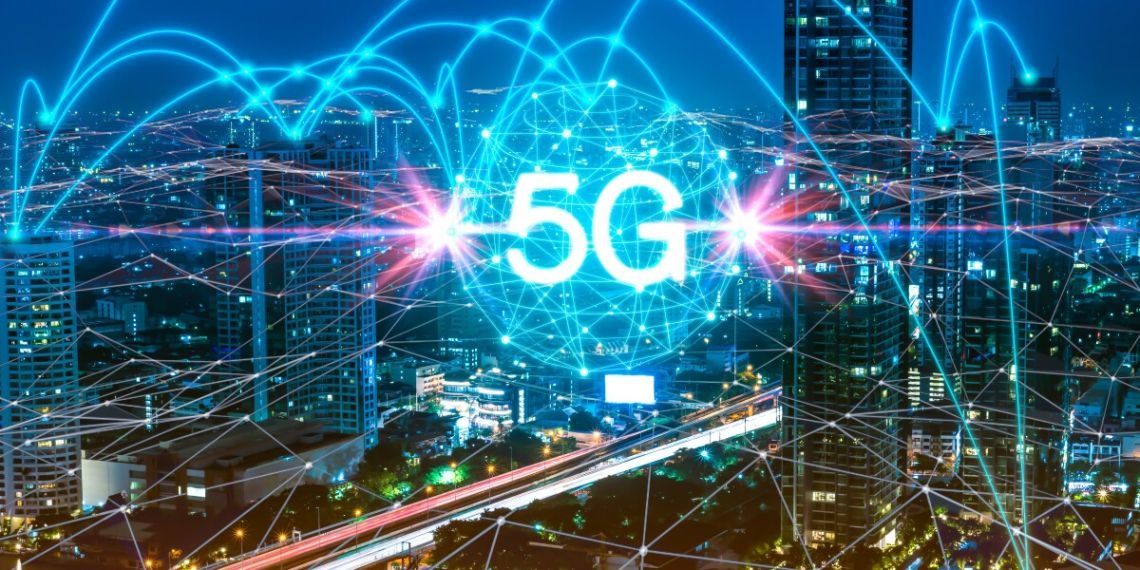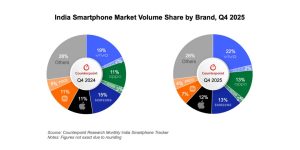India’s 5G landscape is experiencing a seismic shift, as per the Ericsson Mobility Report for November 2023. The report forecasts an exponential rise in 5G subscribers, projecting a staggering surge to 130 million users by the end of 2023 from a mere 10 million in the previous year.
Key Points:
Rapid Adoption: A fast-growing 5G network spanning across cities, coupled with affordable service plans and an influx of 5G-enabled smartphones, is driving the remarkable uptick in 5G penetration.
Telecom Dynamics
The report outlines that India, propelled by telecom giants like Jio and Airtel, has emerged as a formidable force in the 5G domain. With 5G services available in over 8,000 towns and 20,000 villages, India ranks among the top three 5G-enabled nations globally.
Key Points:
Network Expansion: Over 385,000 5G base transceiver stations are powering the proliferation of 5G services across urban and rural India.
Digital Transformation: 5G is ushering in a new era for digital technologies, reshaping e-commerce, e-governance, and fostering the government’s vision for a digitally empowered society.
Future Projections
Looking ahead, the Ericsson report forecasts a monumental growth trajectory for 5G subscribers, anticipating a surge to 860 million by 2029. This surge is set to transform the digital landscape, marking a substantial shift in mobile subscriptions, with 68% of all users on the 5G network.
Key Points:
5G Dominance: By 2029, 4G subscribers are estimated to drop to 390 million, signifying a shift towards widespread adoption of 5G technology.
Economic Impact: Nitin Bansal, head of Ericsson India, highlights the profound social and economic inclusion driven by the surge in 5G and smartphone users.
Wireless Access Revolution
The report emphasizes 5G fixed wireless access (FWA) as a pivotal solution for telcos to recover investments. This technology, exemplified by AirFiber, offers fibre-like speeds, unlocking a significant revenue avenue for telecom operators.
Key Points:
Revenue Opportunities: Telcos are banking on FWA services as a lucrative revenue stream, eyeing a substantial rise in FWA connections globally.
Smartphone Surge: The projection of 1.18 billion smartphones in India by 2029 signifies a profound shift towards mobile technology.
Data Revolution
India boasts the highest average data traffic per smartphone globally, set to surge from 31GB to approximately 75GB per month by 2029. This surge underlines the evolving digital landscape and growing reliance on data-centric services.
Key Points:
Data Growth Trajectory: A projected 16% Compound Annual Growth Rate (CAGR) reflects the surging reliance on data-driven services in the country.
The Ericsson Mobility Report paints a transformative picture of India’s connectivity journey, propelled by the burgeoning 5G landscape and its profound implications across sectors, society, and the economy.













































































































































































